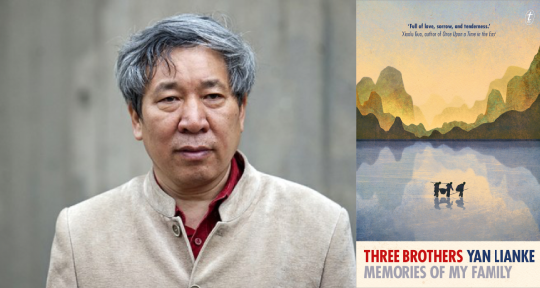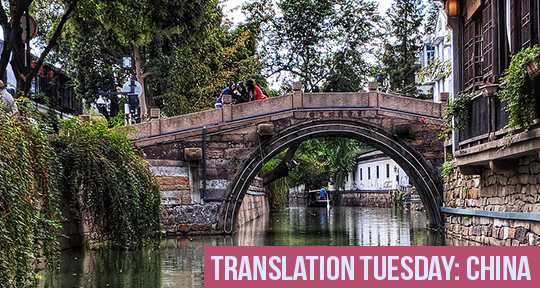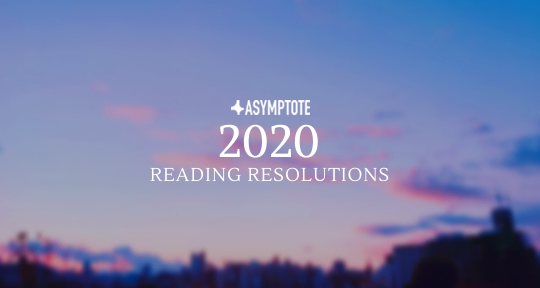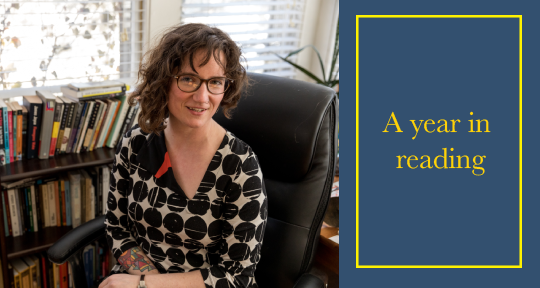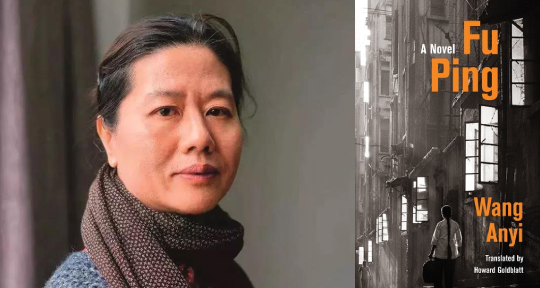Three Brothers by Yan Lianke, translated from the Chinese by Carlos Rojas, Grove Press, 2020
One of the most translated contemporary Chinese authors, Yan Lianke, has become quite the celebrity: he is featured in interviews in global media, invited to international literary festivals, and quoted on the coronavirus pandemic. Yet, despite this fame and international image, he remains fiercely loyal to his roots—the Chinese village where backbreaking hardship was the common lot until the 1990s. As he admits in his latest book to be translated into English: “I grew up in a household full of poverty and warmth.”
In this piece of non-fiction called 我与父辈 (first published in China in 2009) and rendered as Three Brothers in English through Carlos Rojas’ faithful and vivid translation, Yan pays tribute to the generation of his father, who survived an era of famine, political upheavals, social discrimination, and self-reliance in the 1960s and ’70s. By remaining faithful to their rock-solid values of decency, sacrifice, and stoic acceptance of life’s unfairness, this generation was able to provide better lives for their children. Yan, who belongs to the bridge generation, still remembers his early life of “吃苦” (chi ku, or literally, “eating bitterness”), whilst he has also directly experienced the benefits of China’s economic and social reforms that started in the 1980s but affected life in villages much later, around the late 1990s.
The book, which is subtitled Memories of My Family, describes the lives of three men: Yan’s father, Yan’s father’s second brother (called Second Uncle), and his cousin (called Fourth Uncle). All of them share similar characteristics: they are illiterate, extremely hard-working, and they all die as a result of the physical abuse that their bodies experienced in order to meet their most important obligations towards their families.
Perhaps the best way to describe Yan’s writing is that of brutal honesty. In this world of harsh masculinity—there are very few mentions of women in the book—life consists of the most important stations in life: giving birth, building houses, feeding and marrying off one’s many children (this was before China’s one-child policy started being implemented in 1979), providing education for the happy few, and ensuring a decent funeral. This is all accomplished through a philosophy that Yan describes as the difference between living in the village and in the city:
“ ‘Living’ suggests a process of enduring day after day, with each day being the same, and implies a kind of monotony, boredom, hopelessness, and idleness. ‘Life,’ on the other hand, conveys a sense of richness, of progress and the future. It has color and vitality and calls to mind the act of walking down a broad road illuminated by bright lights.”

